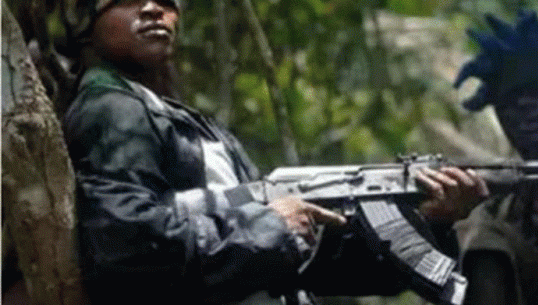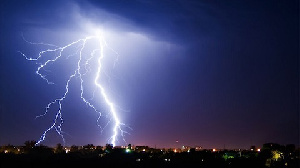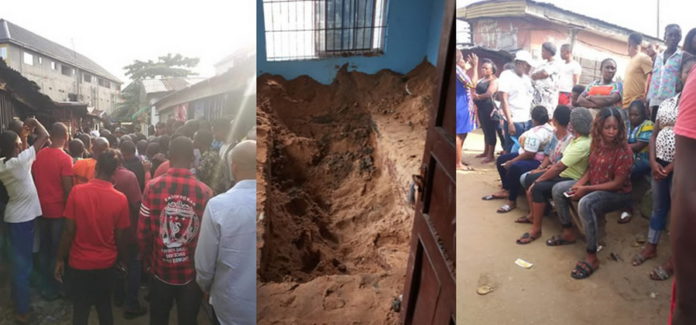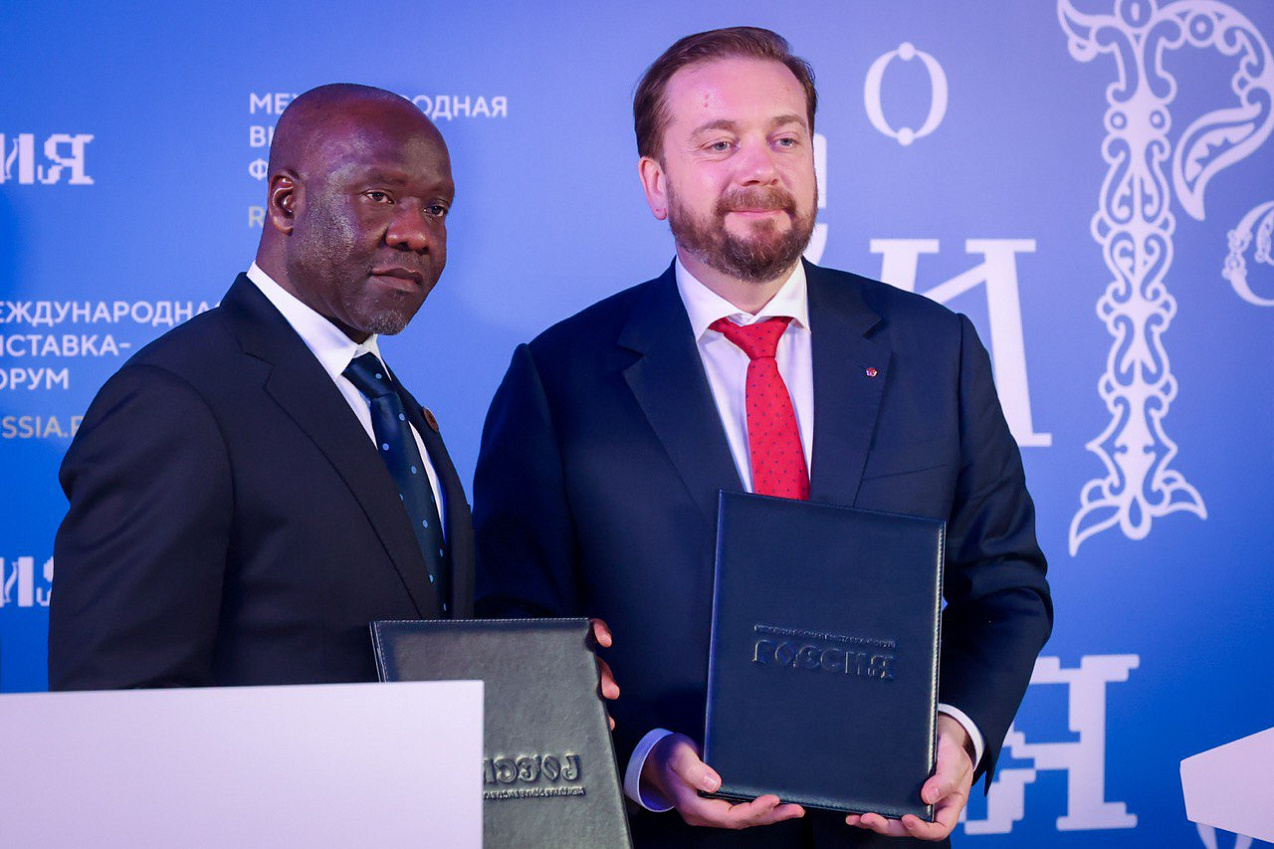Ethiopian army ‘shot man dead because phone rang’ – Amnesty

An Ethiopian soldier shot a man dead in front of several people after his phone rang during a public meeting, Amnesty International says.
It is one of many incidents the rights watchdog recorded from a security crackdown in Oromia regional state at the end of 2018 and 2019.
This was the year that Prime Minister Abiy Ahmed won the Nobel Peace Prize.
He has been praised for his reforms, but they may have lifted a lid on ethnic tensions.
The BBC has tried to contact the authorities to respond to the report but they have not reacted.
Why was the man shot dead? Ariti Shununde, 32, was killed during operations to suppress an armed group, the Oromo Liberation Army (OLA), according to witnesses quoted by Amnesty International.
The army called for a public meeting in one local area in Oromia and collected all the phones of those who had turned up.
One of the phones then rang and when soldiers asked for the owner to identify himself Mr Ariti stepped forward, an eyewitness is reported to have said.
He was then shot in the back twice, the witness added. The rights group says that it has corroboration from other witnesses.
His family was told to bury Mr Ariti immediately.
What else does Amnesty say? It says it has found evidence of the extrajudicial killings of 39 people in Oromia, including Mr Ariti.
Through witness testimony, it details how three other victims were taken out of police cells and shot dead.
In late December 2018 soldiers killed 13 people in the town of Finchawa in what Amnesty International describes as indiscriminate shooting.
The security forces are also accused of rounding up thousands of people they believed were supporters of the OLA.
The OLA is a breakaway faction of the Oromo Liberation Front (OLF), a former separatist rebel group which laid down arms following peace talks with Mr Abiy.
What is the Oromo issue?
The Oromos, despite being Ethiopia’s largest ethnic group, had long complained that they were marginalised from political and economic power.
A wave of protests in Oromia preceded the appointment of Mr Abiy – who is Oromo himself – as prime minister in April 2018.
He introduced a number of reforms, including recognising the OLF, that helped the country move away from its more oppressive past.
But many in the state continued to feel excluded and disquiet did not go away. Protests sprang up and opposition groups began to gain support.
In general, Mr Abiy has said he wants to foster a sense of national unity in the face of ethnic divisions, but also wants to celebrate that diversity.
His efforts to walk this tight-rope have created difficulties.
What are the other accusations? The report also highlights the alleged role of security forces in inter-communal violence in January 2019 in Amhara state, north-west Ethiopia.
It says that at least 130 people were killed in fighting between the Amhara and Qimant communities after local militias were deployed against the Qimant.
Federal soldiers, who were stationed nearby, did not intervene, Amnesty International alleges.
Has there been any official comment? The authorities have not issued a formal response.
Daniel Bekele, who leads the Ethiopian Human Rights Commission, which is a statutory body, told the UK’s Guardian newspaper that Amnesty International’s report should be taken seriously but “it is also important to understand the complex nature of the security operations where armed groups are seriously destabilising the affected areas”.
Mr Daniel used to work for Human Rights Watch and Action Aid and spent two years in prison for his own activism.
Is this part of a trend? The accusations come as a growing number of voices express concern that old habits of state-sanctioned violence might be creeping back in, reports the BBC’s Kalkidan Yibeltal in the capital, Addis Ababa.
Although ethnic related violence seems to have relatively subsided in 2020, it remains one of the key challenges facing Mr Abiy’s administration, our correspondent adds.
Political tensions were increasing ahead of elections scheduled for August and their indefinite postponement, because of coronavirus, has not helped matters.
Source: bbc.com





